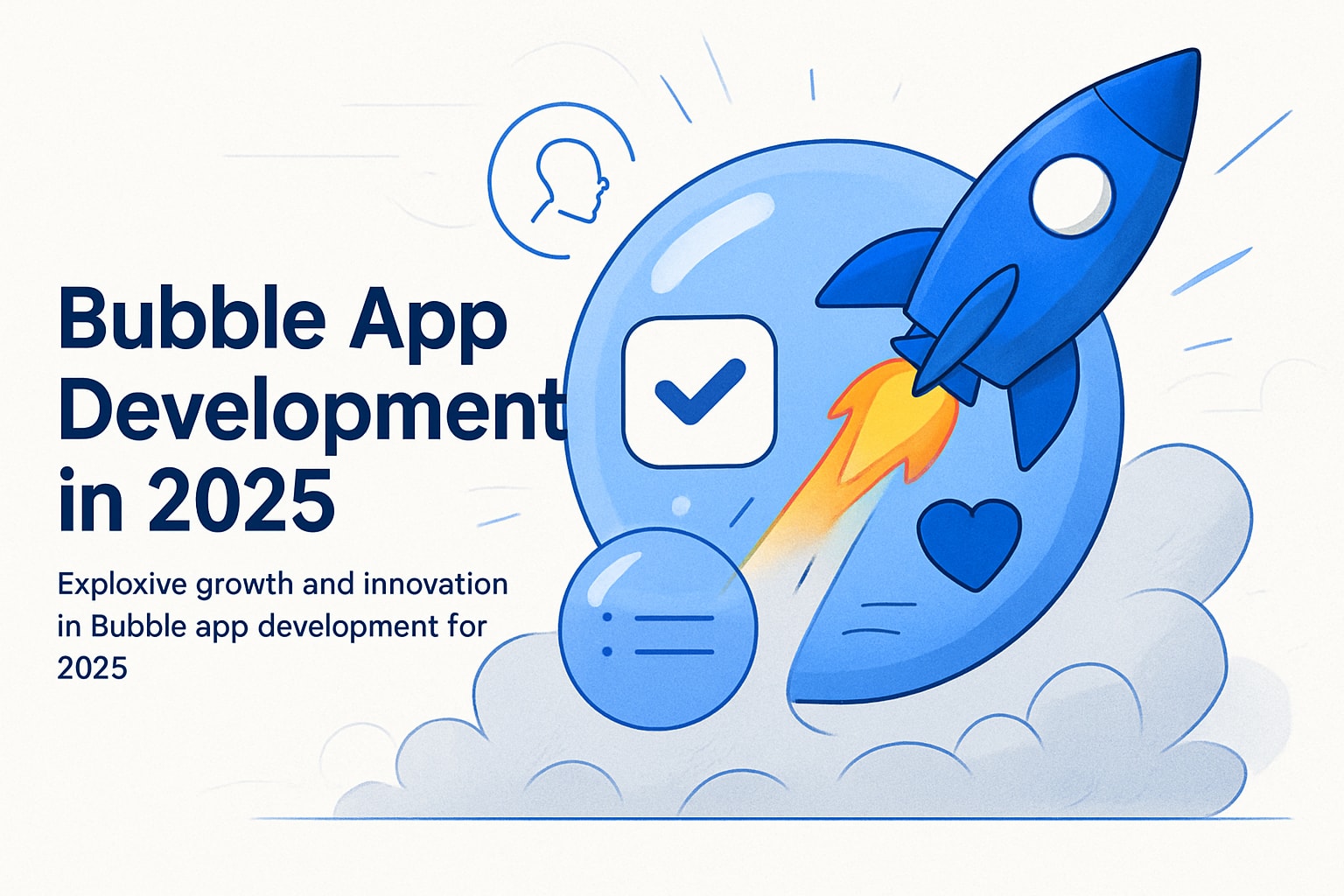The world of bubble app development is evolving at lightning speed in 2025, opening doors for creators and businesses like never before. The no-code movement is putting the power of digital innovation into everyone’s hands, making it possible to launch a bubble app without writing a single line of code.
Curious about what sets today’s most successful apps apart? From AI-powered automation and real-time collaboration to advanced analytics and custom design controls, breakthrough features are transforming how users and creators interact.
These cutting-edge tools deliver a competitive edge and elevate user experiences across industries. Ready to discover the features that will define the next wave of digital products? Explore our top 10 must-try bubble app features for 2025 and unlock new possibilities for your projects.
The Evolution of Bubble Apps in 2025
The landscape of bubble app development is rapidly shifting in 2025. Innovative features, smarter integrations, and evolving user demands are shaping the future of no-code tools. Let’s explore the trends, advancements, and market forces driving this evolution.
Key Trends in No-Code Development
No-code platforms like Bubble are at the forefront of digital transformation. The bubble app ecosystem is booming, enabling entrepreneurs to prototype and launch apps at record speed. Startups and enterprises alike are embracing these solutions for both cost and time savings.
A major trend is the increased accessibility for non-technical users. With intuitive interfaces, anyone can build a bubble app without a programming background. The integration of AI and automation tools is making apps smarter, while the growing marketplace of templates and plugins accelerates innovation. For a deeper dive into these trends, check out the State of No-Code Development 2024.
Major Advancements in Bubble’s Core Platform
Bubble app capabilities have grown significantly. The platform now features more powerful visual editors, making drag and drop design effortless. Performance and scalability improvements mean a bubble app can now handle thousands of users without a hitch.
API support has expanded, making it easy to connect with third-party services. Security enhancements are a top priority, with enterprise-grade options for sensitive data. Real-time updates and collaborative editing features are now standard, pushing bubble app functionality to new heights.
User Expectations and Market Demands
Today’s users expect bubble apps to provide seamless, visually stunning experiences. Personalization and interactivity are essential, not just optional. Businesses are seeking bubble app features that deliver analytics, automation, and AI to drive growth.
Popular apps like Cuure, Getaiway, and Flexiple are perfect examples of how the bubble app development community is responding to these demands. They prioritize user-friendly interfaces and data-driven features, setting new standards for what a bubble app can achieve.
The Role of Bubble in the No-Code Ecosystem
Bubble has established itself as a leader among no-code platforms. When compared to competitors like Webflow, Adalo, or Glide, bubble app solutions often stand out for their flexibility and community support.
The bubble app community is growing rapidly, with active forums and resource sharing. This collaborative spirit fuels digital entrepreneurship and continuous innovation. Bubble’s influence is reshaping how creators and businesses build, launch, and scale digital products.
Top 10 Bubble App Features You Need to Try in 2025
The world of bubble app development is evolving at lightning speed, and 2025 is shaping up to be a landmark year. Whether you are a founder, product manager, or no-code enthusiast, understanding the latest features can give your bubble app a serious edge.
From AI-driven automation to custom design controls, these must-try features are changing how creators and users experience digital products. Let’s explore each one and see how they can empower your next bubble app.
1. AI-Powered Automation & Chatbots
AI is taking the bubble app universe by storm. Integrating AI assistants and chatbots into your bubble app can automate customer support, streamline onboarding, and boost lead generation. Imagine a bubble app that answers user questions 24/7, qualifies leads, or even provides personalized product recommendations.
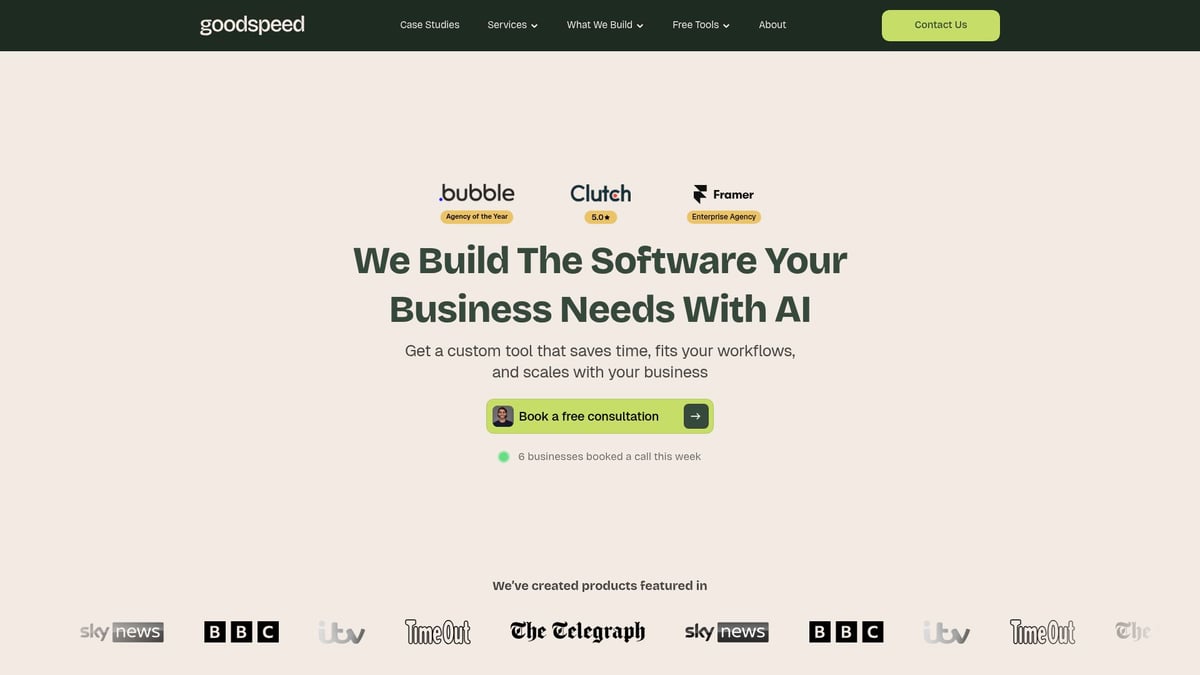
Popular tools like Bubble Buddy and MyAskAI make it easy to add conversational AI to your workflow. For example, MyAskAI is used by SaaS startups to handle customer service, freeing up teams for higher-value work.
Benefits:
- Always-on support
- Reduced manual workload
- Improved customer satisfaction
Use Cases:
- SaaS platforms
- E-commerce shops
- Internal business tools
Pros: Increases efficiency, scales effortlessly, enhances user experience
Cons: Requires thoughtful setup, some learning curve for advanced AI
If you are interested in exploring more AI capabilities, check out the Top AI Plugins for Bubble Apps to see how you can supercharge your bubble app with the latest AI integrations.
2. Real-Time Collaboration Tools
Collaboration is at the heart of modern digital products. Bubble app developers can now enable multiple users to interact in real time, making project management, document editing, and team dashboards more dynamic.
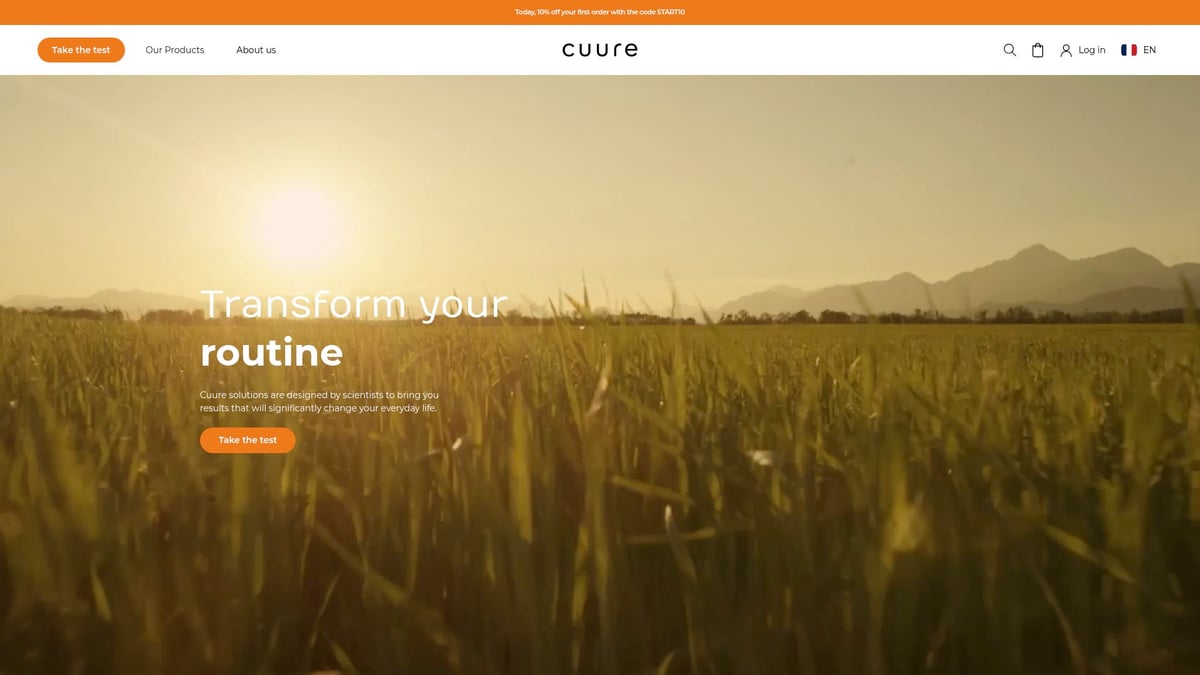
Features like live activity feeds, real-time notifications, and version control are vital for productivity. Take Cuure’s wellness platform, where users collaborate on personalized health plans. This real-time feature set makes remote teamwork seamless.
Key Features:
- Simultaneous editing
- Instant updates
- Team messaging
Benefits:
- Boosts productivity
- Ideal for remote teams and education
Pros: Enhanced teamwork, instant feedback
Cons: Needs a robust backend for large teams
A bubble app with real-time collaboration can set your product apart, especially for startups and online learning environments.
3. Advanced Analytics & Custom Dashboards
Data-driven decisions are non-negotiable for any serious bubble app. Advanced analytics and customizable dashboards let you visualize user engagement, sales, and retention in real time.

With tools like BalancePro, you can build dashboards featuring interactive charts, graphs, and exportable reports. This empowers users to track key metrics and pivot strategies quickly.
Features:
- Real-time data visualization
- Customizable reports
- Export options
Benefits:
- Informed decision-making
- Supports business growth
Pros: Tailored insights, supports scaling
Cons: Can be complex for beginners
If your bubble app needs to stand out in SaaS, finance, or marketing, integrating analytics is a must.
4. Personalized Push Notifications & In-App Messaging
Keeping users engaged is a challenge for any bubble app, but personalized push notifications and in-app messaging help bridge the gap. You can send targeted updates, reminders, or promotions, directly increasing retention and user loyalty.

Consider bubble for JYPnation, which enables artists to interact with fans through real-time messages. Features like scheduling, language localization, and custom triggers keep communications relevant and timely.
Features:
- Targeted messaging
- Multilingual support
- Scheduled campaigns
Benefits:
- Higher retention
- Improved engagement
Pros: Direct communication, boosts loyalty
Cons: Overuse can cause notification fatigue
For community, fan engagement, or e-commerce, this bubble app feature is indispensable.
5. Drag-and-Drop UI/UX Design Controls
Designing a stunning bubble app no longer requires a design team. Enhanced drag-and-drop editors and pre-built components let anyone create beautiful, responsive interfaces.
Getaiway’s travel platform is a prime example, using intuitive design controls for quick prototyping and iteration. This feature empowers founders and product managers to test ideas without waiting on developers.
Features:
- Visual editor
- Pre-built templates
- Customizable components
Benefits:
- Rapid prototyping
- Empowers non-designers
Pros: Fast iteration, professional results
Cons: May limit advanced customizations
A bubble app with drag-and-drop design is perfect for fast-paced startups and MVPs.
6. Seamless API Integrations & Third-Party Plugins
The modern bubble app thrives on connectivity. With expanded API integration and a growing plugin marketplace, you can connect your bubble app to payment gateways, CRMs, social media, and more.
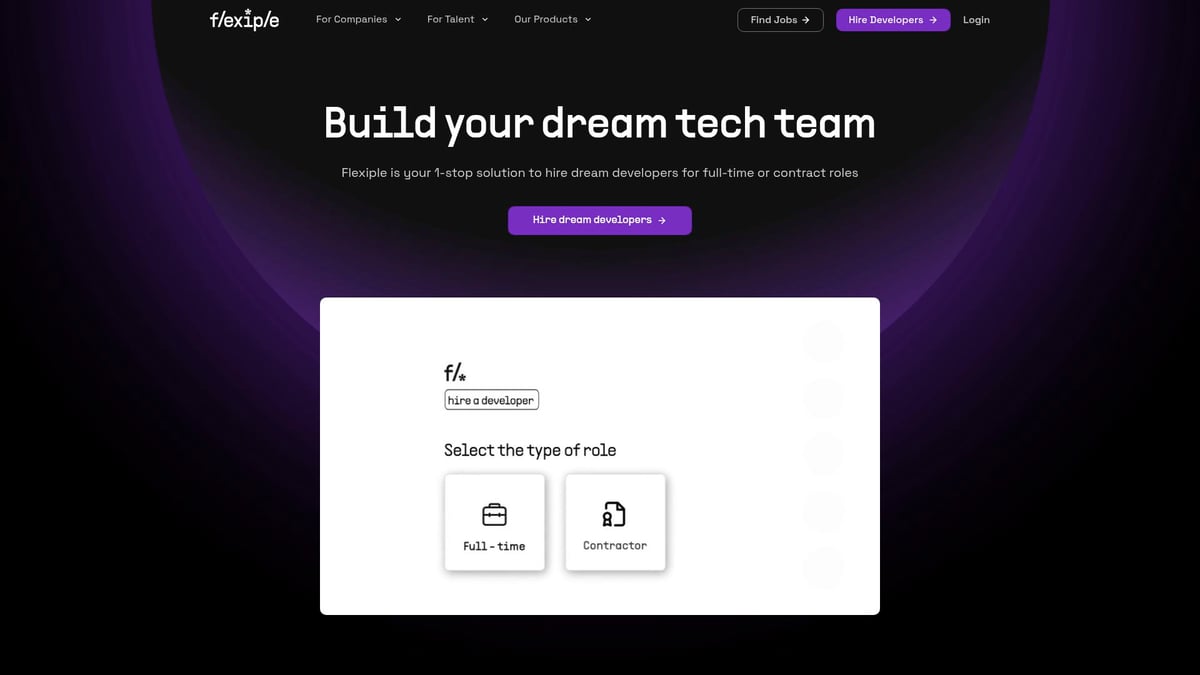
Flexiple’s freelance platform leverages these integrations to connect users with outside tools, expanding functionality without custom coding.
Key Integrations:
- Payment processors (Stripe, PayPal)
- Marketing tools
- Social media APIs
Benefits:
- Scalable functionality
- Saves development time
Pros: Future-proof, extends capabilities
Cons: Relies on third-party plugin support
Businesses looking to scale their bubble app should prioritize seamless integrations.
7. Membership & Subscription Management
Monetizing your bubble app is easier than ever. Built-in membership and subscription management tools allow you to handle user access, billing, and recurring payments with minimal hassle.
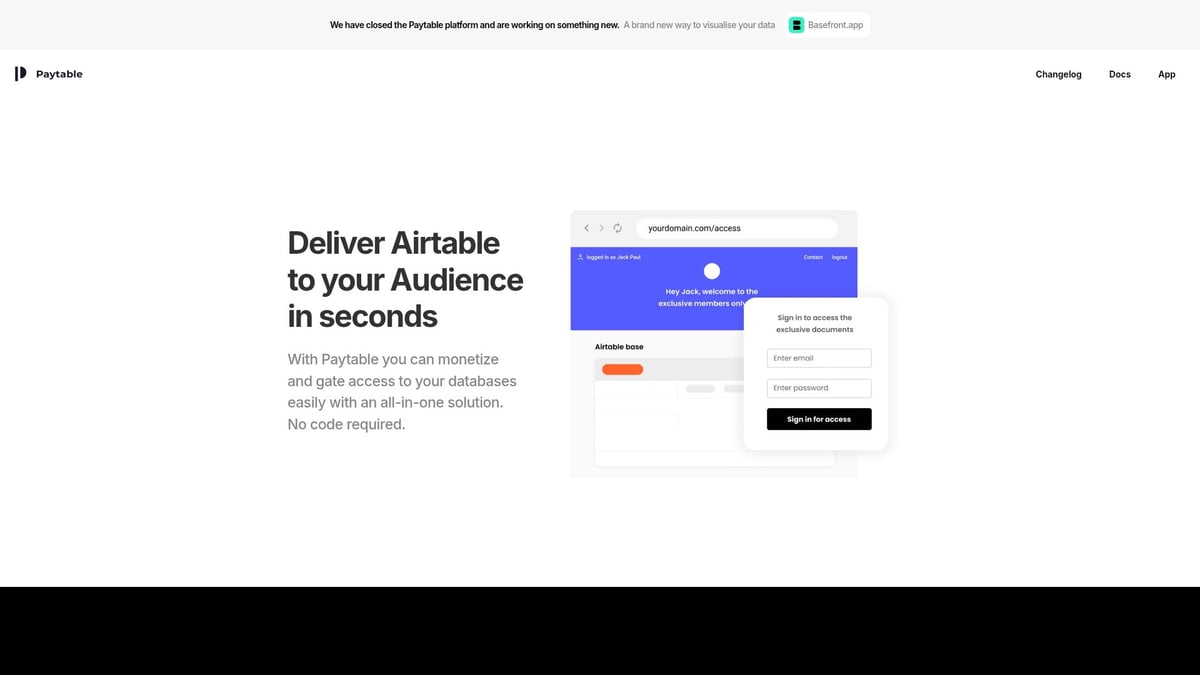
Paytable is a great example, offering secure member areas for digital content and flexible pricing plans. With trial periods and tiered memberships, you can serve different user segments effectively.
Features:
- User access control
- Recurring billing
- Tiered pricing
Benefits:
- Efficient user management
- Enables app monetization
Pros: Flexible plans, easy setup
Cons: Payment gateway setup needed
For SaaS, e-learning, or media platforms, this bubble app feature is essential.
8. Custom Workflow Automation
Workflow automation is transforming how businesses run their bubble app. You can set up no-code automations to trigger actions based on user behavior or data changes, streamlining processes and reducing error.
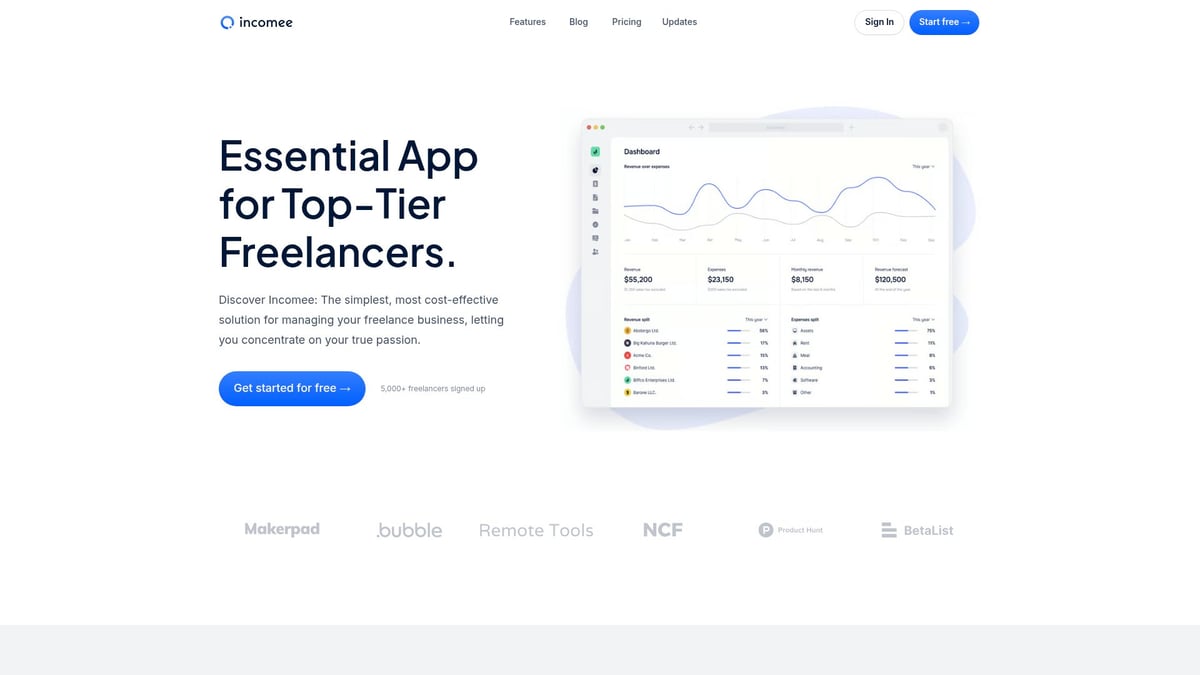
Incomee’s freelance business platform uses automation to handle invoices, reminders, and reporting, saving hours each week.
Automation Examples:
- Send emails based on user activity
- Auto-generate reports
- Trigger alerts for key events
Benefits:
- Saves time
- Reduces manual errors
Pros: Streamlined operations, easy updates
Cons: Complex workflows need careful planning
Custom workflow automation is a competitive edge for agencies, SMBs, and internal tools built on the bubble app platform.
9. Integrated AI Content Generation
Content is king in today’s digital landscape, and integrated AI content generation makes it easier to scale. With AI-driven tools, your bubble app can generate blog posts, product descriptions, or marketing copy instantly.
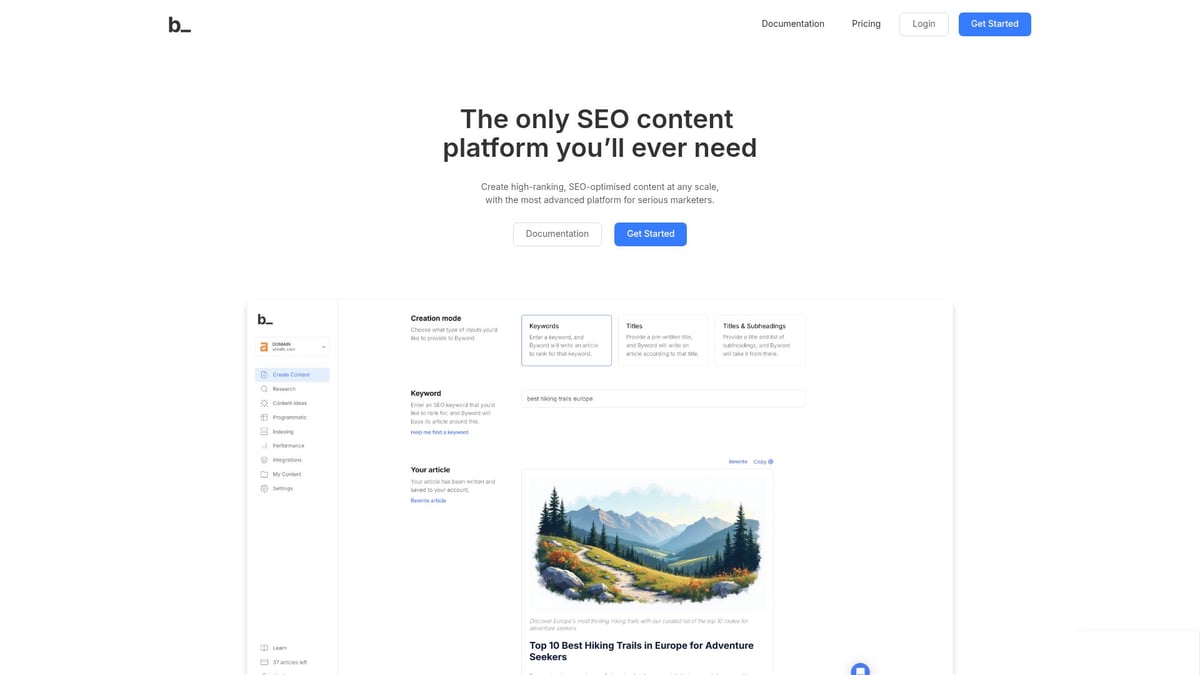
Byword’s platform, for example, uses AI to produce SEO-optimized content, cutting manual writing time and ensuring quality at scale.
Use Cases:
- Blog generation
- E-commerce product copy
- Personalized recommendations
Benefits:
- Quick content creation
- Consistent tone and style
Pros: Reduces manual effort, scalable
Cons: Quality depends on AI and prompts
A bubble app with integrated content generation is a boon for marketers and content teams.
10. Scalable User Authentication & Security
Security is non-negotiable for any successful bubble app. Scalable authentication options like multi-factor login, user roles, and compliance features (GDPR, HIPAA) are now built into the platform.

Hello Prenup’s wedding planning tool uses robust authentication to protect sensitive information and build user trust.
Features:
- Multi-factor authentication
- User role management
- Compliance controls
Benefits:
- Strong data protection
- Enterprise readiness
Pros: Supports SSO, builds trust
Cons: Technical setup required
If your bubble app handles personal or financial data, investing in security features is critical.
Big House Technologies: Build Your Custom Bubble App
Big House Technologies stands out as a top agency for custom bubble app development. They offer end-to-end services, from rapid prototyping to enterprise-grade builds, with a focus on speed and quality.
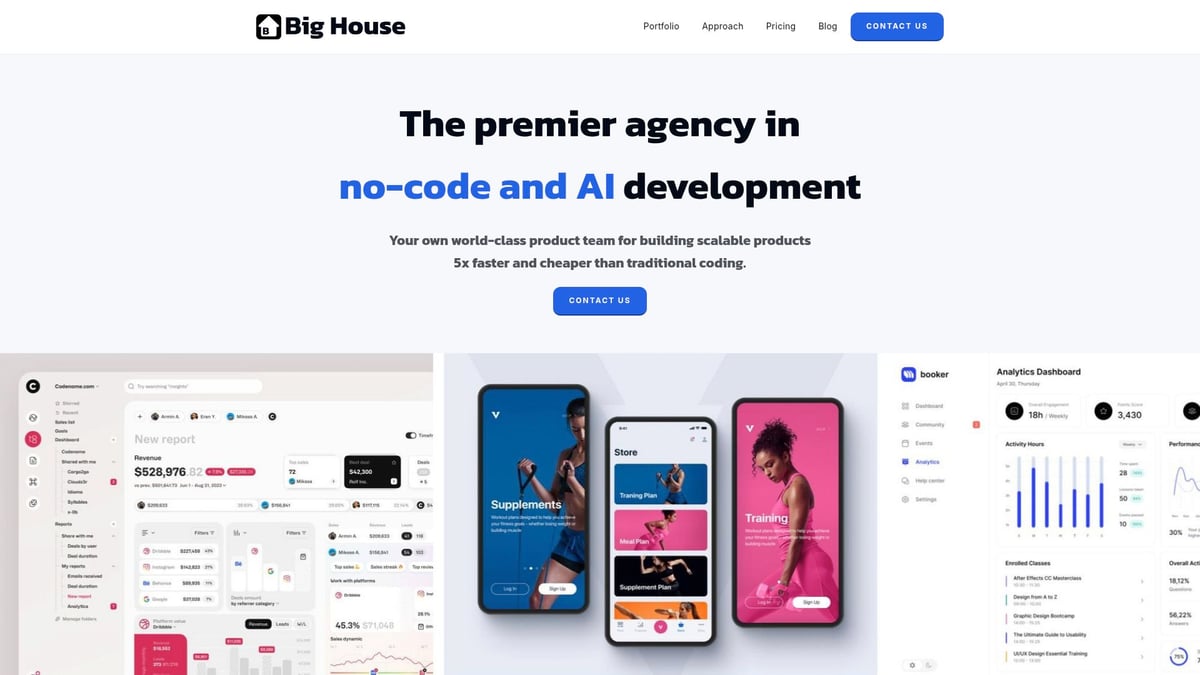
Core Services:
- Bubble app development
- UI/UX design
- AI integration
- Workflow automation
Why Choose Big House:
- 5x faster delivery
- Cost savings
- Proven quality
Flexible pricing plans make it accessible for startups and established enterprises alike. Clients rave about their professionalism and the tangible business value delivered.
Ready to bring your bubble app idea to life? Reach out to bighou.se for a consultation or project quote.
How to Implement These Features in Your Bubble App
Successfully adding innovative features to your bubble app starts with a clear understanding of your goals, the right tools, and best practices for smooth integration. Whether you are a founder, product manager, or a no-code enthusiast, following a systematic approach will set your bubble app up for success and scalability.
Assessing Your App’s Needs and Goals
Begin by defining the core objectives your bubble app aims to achieve. Identify your primary user base and the problems your app will solve for them. List the features that align closely with your business goals, such as analytics or automation for a SaaS dashboard.
Prioritize these features based on their expected impact and feasibility. Use competitor analysis to see which features are standard in your industry and where your bubble app can stand out. This targeted approach ensures you invest resources wisely and deliver a product users love.
Utilizing Bubble’s Built-In Tools and Plugins
Leverage the built-in tools within Bubble’s platform to bring your vision to life quickly. The visual editor allows for rapid prototyping and design changes, making it easy to iterate on your bubble app’s user interface.
Explore Bubble’s plugin marketplace to add advanced features without heavy coding. Integrate third-party APIs like Stripe for payments or Zapier for automations. When choosing plugins, check their reviews and support reputation. For a deeper dive on building robust apps, see this guide to building scalable MVPs with Bubble.
Best Practices for Seamless Feature Integration
Planning is key to integrating new features into your bubble app smoothly. Map out user workflows and journeys before you start building. This helps prevent bottlenecks and ensures a cohesive experience.
Test every feature thoroughly for usability and performance. Implement security best practices, especially when handling sensitive data. Use user feedback to refine features and adopt an iterative development cycle. Continuous testing and optimization help your bubble app maintain high quality as it grows.
Learning Resources and Community Support
Tap into Bubble’s extensive documentation, forums, and tutorials to overcome challenges and speed up learning. Participate in community groups to share insights and get peer support for your bubble app projects.
Attend webinars or workshops for advanced tips and real-world case studies. If you need expert help or want to accelerate growth, consider agency partnerships. For those wanting to expand their team, the Hire a Bubble Developer Guide is a great resource for finding skilled professionals.
Future Outlook: What’s Next for Bubble Apps?
The future of bubble app development is bright, with new technologies and user demands shaping the no-code landscape. As we look ahead to 2025 and beyond, it’s clear that innovation will continue to drive the evolution of the bubble app ecosystem. Let’s explore what’s on the horizon for creators and businesses alike.
Emerging Technologies and Trends
Emerging technologies are transforming what a bubble app can achieve. AI-driven personalization is now at the forefront, allowing apps to predict user needs and tailor experiences in real time. Integrations with IoT and wearables are opening new doors, letting users connect bubble app solutions to smart devices and health trackers. AR and VR are gaining traction, bringing immersive features to digital products.
For a deeper dive into where the no-code world is headed, check out the AI and Low-Code/No-Code Trends 2025, which highlights how AI integration is revolutionizing bubble app development. These advances are making it easier for creators to deliver apps that are not only smarter but also more interactive and engaging.
Anticipated Platform Updates and New Features
The bubble app platform is set for significant enhancements in the coming year. Users can expect improvements in the visual editor, making design even more intuitive. Scalability and app performance will get a boost, ensuring that bubble app projects can handle growing user bases and complex workflows. The plugin marketplace will expand, offering more tools for creators.
Security and compliance are also top priorities. Recent findings in the Bubble's Enterprise Survey 2025 reveal that businesses value robust authentication and data protection. Upcoming features will make it easier for bubble app developers to meet enterprise standards, positioning Bubble as a leader in secure no-code solutions.
The Growing Role of Agencies and Partnerships
As the bubble app landscape matures, agencies and partnerships are playing a bigger role. Many businesses turn to expert teams for complex builds, rapid prototyping, and ongoing support. Agencies specializing in bubble app development bring a wealth of experience, helping clients avoid pitfalls and maximize results.
Collaborations between organizations and no-code experts speed up timelines and ensure quality. This trend is especially important for startups and enterprises looking to scale quickly. By leveraging an agency’s expertise, businesses can launch a bubble app that stands out in a competitive market and keeps up with evolving user expectations.
Preparing Your Business for the Next Wave of No-Code Innovation
To stay ahead, businesses need to embrace the next wave of bubble app innovation. Start by staying agile and open to new features, whether it’s adopting AI tools or integrating with the latest devices. Invest in training for your team or partner with a specialized agency for advanced projects.
Monitor industry trends, watch competitors, and be ready to pivot as technology evolves. Early adopters of new bubble app features often gain a significant market advantage. By planning strategically now, your organization can harness the full power of bubble app technology and lead in the digital transformation era.
Ready to put these top Bubble app features into action for your own project? Whether you are dreaming up an MVP or looking to launch something game-changing in 2025, you do not have to navigate the no-code world alone. At Big House Technologies, we have helped founders and teams like yours turn bold ideas into scalable, user-friendly apps faster than ever. Curious to see what real-world results look like? Take a peek at some of the innovative apps we have built and get inspired for your next move:
See What We’ve Built for Founders Like You




About Big House
Big House is committed to 1) developing robust internal tools for enterprises, and 2) crafting minimum viable products (MVPs) that help startups and entrepreneurs bring their visions to life.
If you'd like to explore how we can build technology for you, get in touch. We'd be excited to discuss what you have in mind.
Other Articles
This blog explores the cost of hiring a Bubble developer part-time vs. full-time, based on a global survey by Big House. It covers pricing strategies, earnings, work hours, experience levels, and career aspirations, helping businesses make informed hiring decisions.
Launch your MVP application with confidence in 2026 using this step by step guide covering ideation, planning, testing, and scaling for lasting success
Discover 7 essential steps to hire application developer in 2025. Learn how to find, assess, and onboard top talent for future ready app development success.

